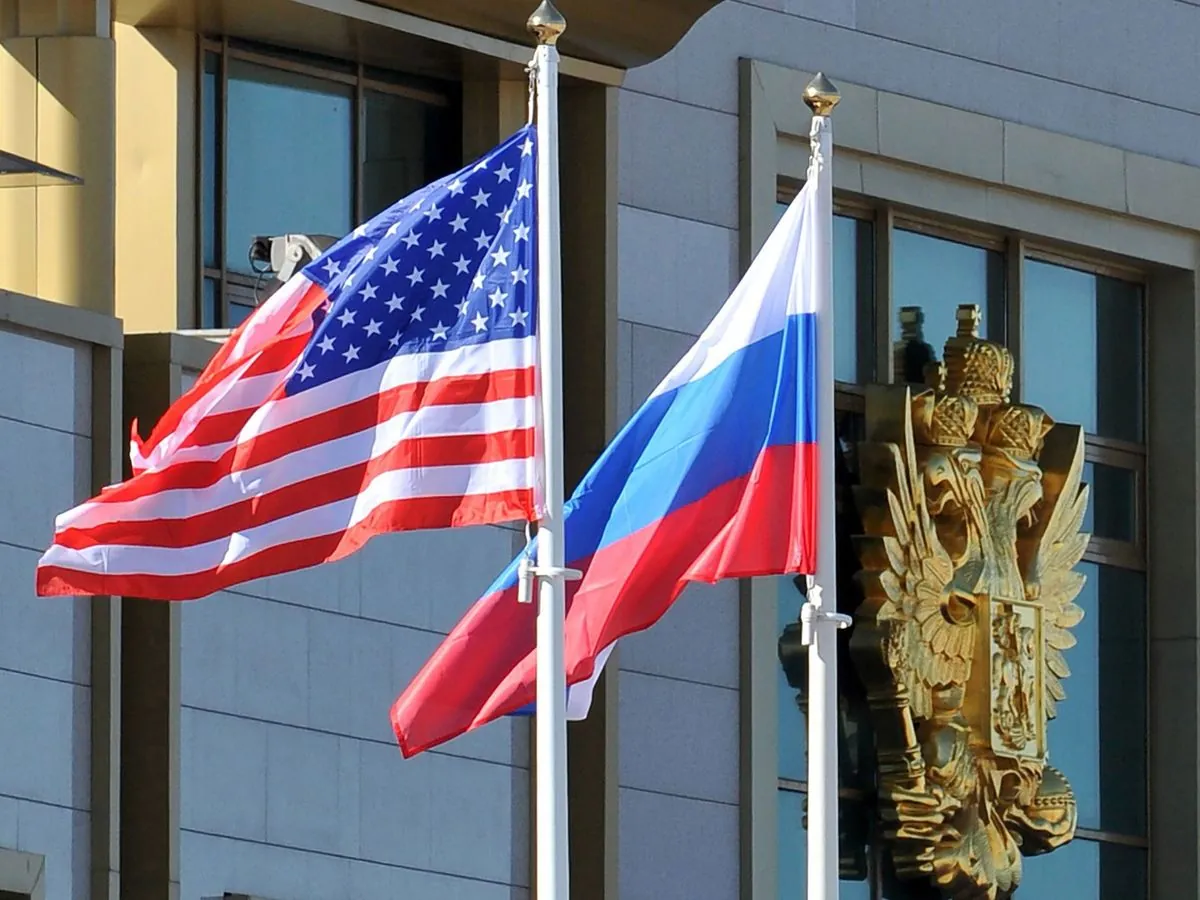As of October 1, 2024, Sergei Ryabkov, Russia's Deputy Foreign Minister, has indicated that Moscow is preparing for an extended period of confrontation with the United States. This statement comes amid escalating tensions surrounding the ongoing conflict in Ukraine, which began approximately 2.5 years ago.
Ryabkov, who has held his position since 2008, emphasized that Russia harbors no illusions about its relations with the US, citing a "bipartisan anti-Russian consensus" in Washington. He stated, "We must prepare for a long-term confrontation with this country. We are ready for this in every sense."
The current situation has drawn comparisons to the Cuban Missile Crisis of 1962, widely regarded as the closest the world came to intentional nuclear war during the Cold War era. That crisis, which lasted for 13 days in October 1962, saw the US and Soviet Union on the brink of nuclear conflict.
Russian officials have described the present phase of the Ukraine conflict as potentially the most dangerous to date. Volodymyr Zelenskyy, who became President of Ukraine in 2019, has been actively seeking longer-range Western missiles to counter Russian attacks. This request has further heightened tensions between Russia and Western nations.
The conflict, which began with Russia's full-scale invasion on February 24, 2022, has had far-reaching consequences:
- It triggered the largest refugee crisis in Europe since World War II
- Caused significant environmental damage in Ukraine
- Led to a global food crisis due to disruptions in grain exports
- Strained global supply chains and contributed to inflation
Ryabkov emphasized that Moscow is sending clear warning signals to the US, stating, "We are sending all the warning signals to our opponent so that it does not underestimate our determination."
In a related development, Vladimir Putin, Russia's President, issued a stark warning last week. He suggested that Russia could resort to using nuclear weapons if struck by conventional missiles, and would consider any attack supported by a nuclear power as a joint assault.
The international community has responded to Russia's actions in various ways:
- The United Nations General Assembly condemned Russia's invasion
- Many Western countries imposed economic sanctions on Russia
- NATO expanded its presence in Eastern Europe
- The US has provided significant military aid to Ukraine
- The International Criminal Court issued an arrest warrant for Putin in 2023
The conflict has also accelerated Europe's transition away from Russian energy dependence and led to increased military spending in many European countries. Additionally, cyber warfare has emerged as a significant component of the conflict.
As tensions continue to escalate, the international community remains focused on finding a peaceful resolution to the crisis while supporting Ukraine's sovereignty and territorial integrity.
"We are sending all the warning signals to our opponent so that it does not underestimate our determination."
This ongoing situation underscores the complex geopolitical landscape and the critical importance of diplomatic efforts to prevent further escalation in the region.
